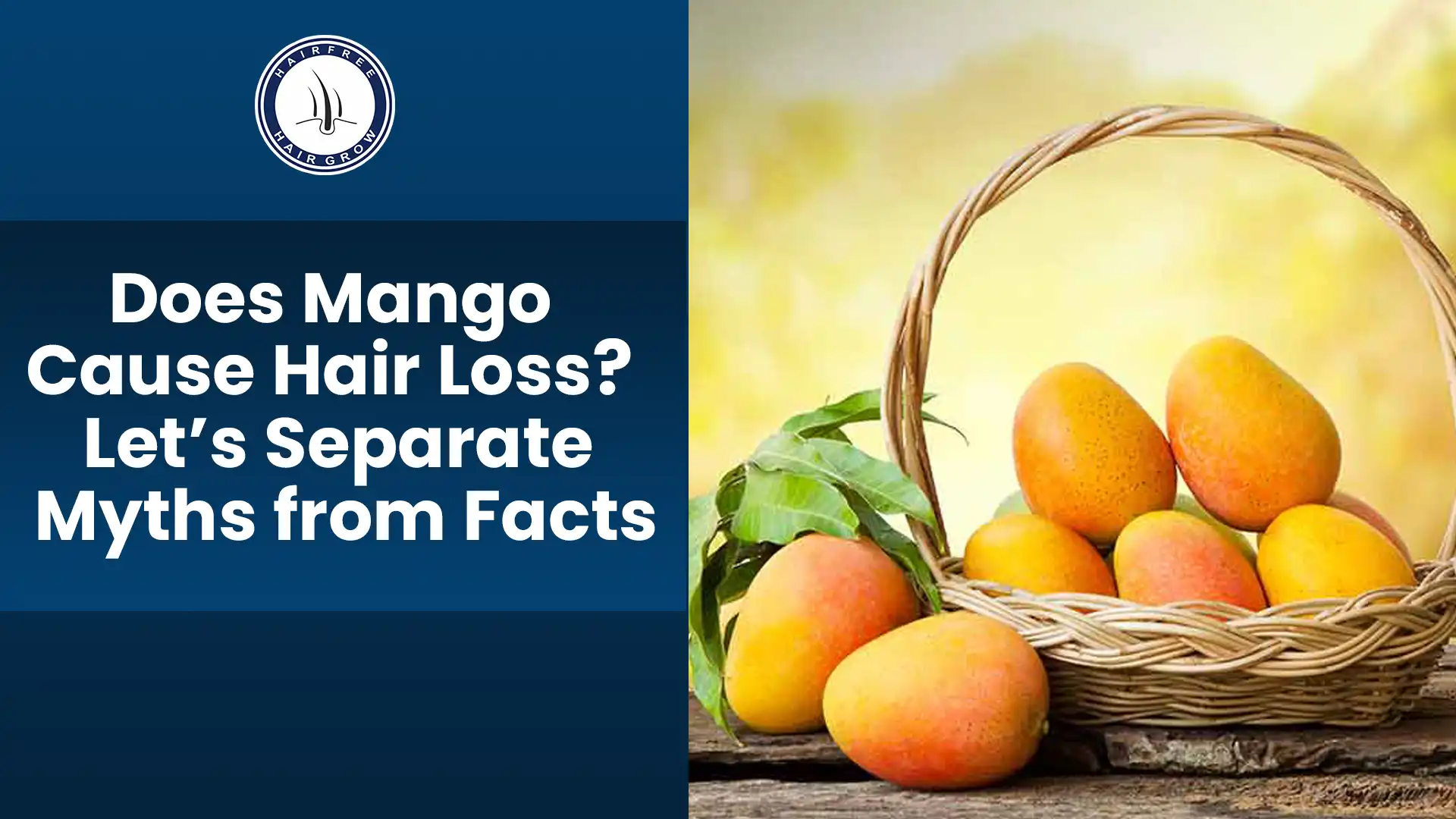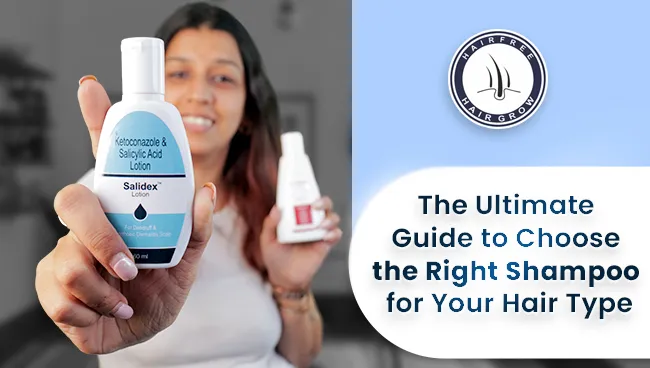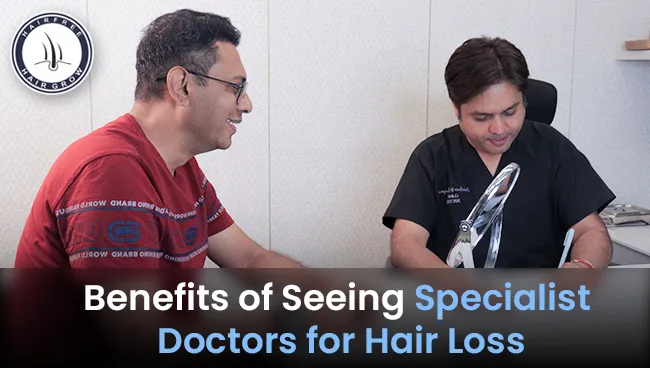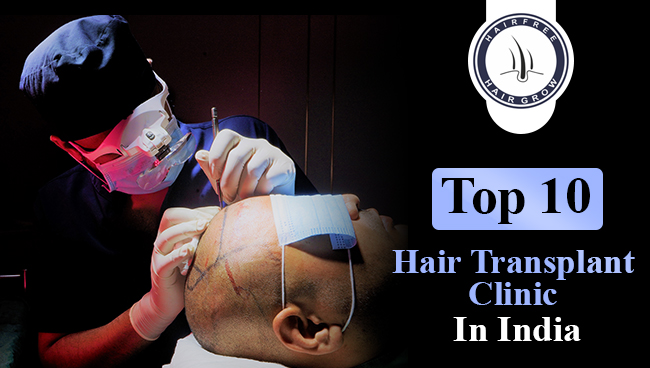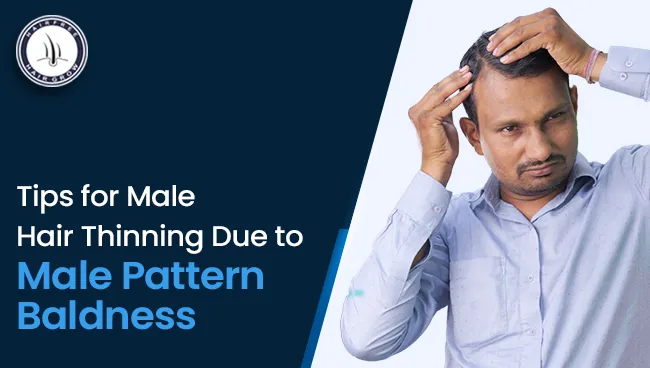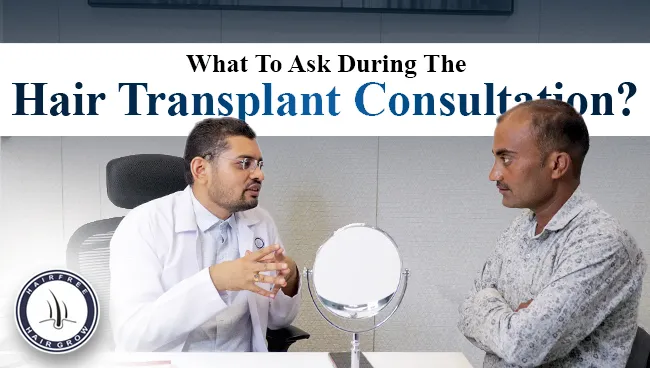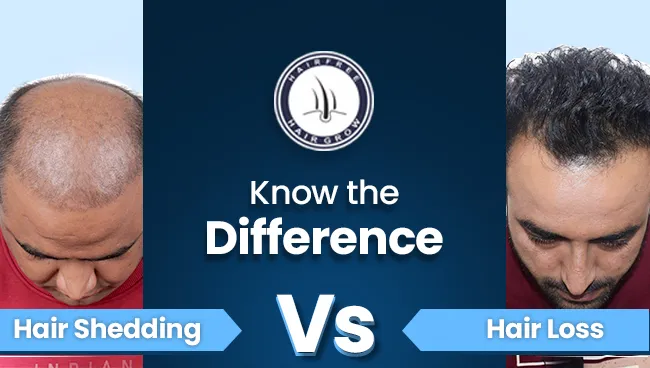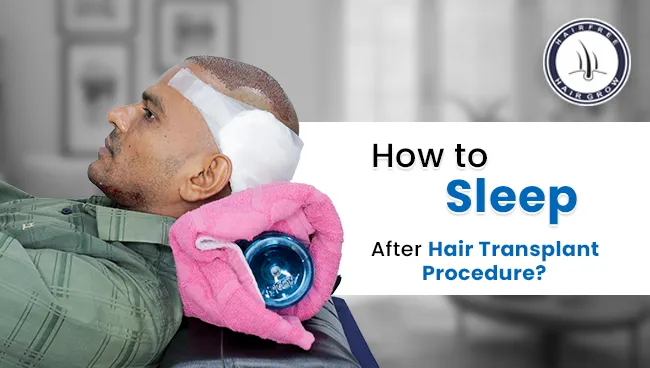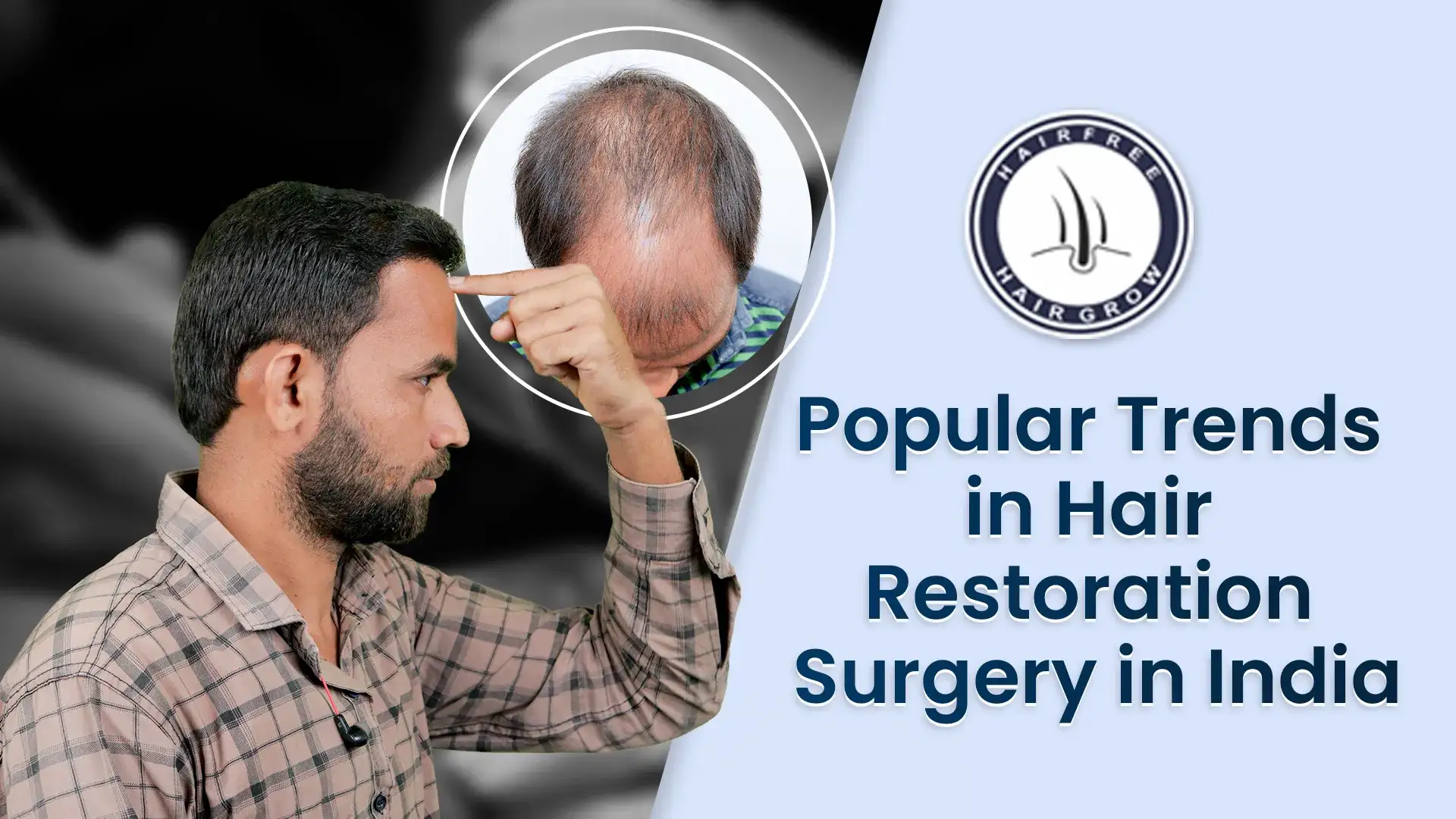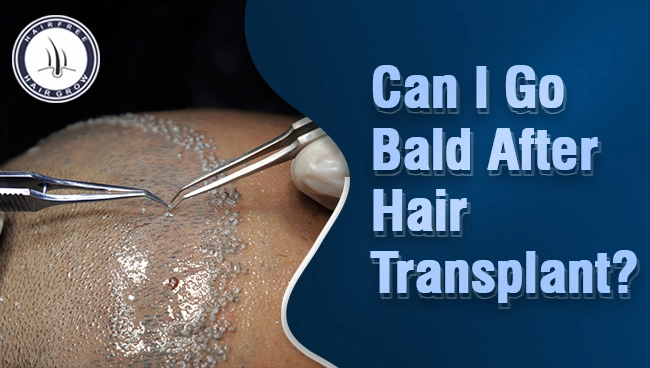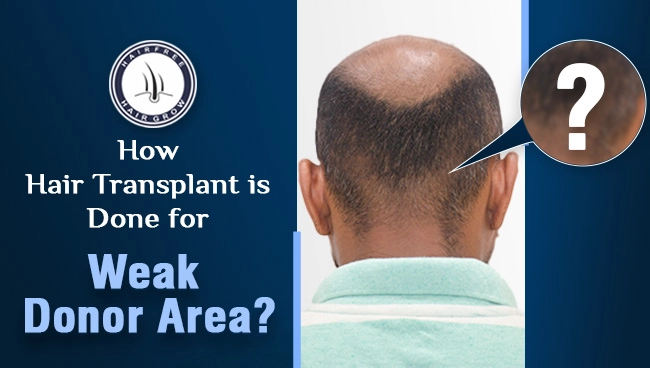No, eating mango does not cause hair loss. In fact, mango is rich in vitamins and antioxidants that can actually support healthy hair growth when consumed in moderation.
Mango, the king of fruits, is a summer staple in India and many tropical countries. Loved for its sweet taste and juicy texture, mangoes are loaded with nutrients and often featured in health-conscious diets.
But if you’re experiencing hair fall, you might be wondering: “Does mango cause hair loss?”
It’s a valid concern, especially if you’re someone considering or recovering from a hair transplant. Diet plays a vital role in hair health, and identifying the right foods is crucial.
Let’s bust the myths and uncover the truth are mangoes really the villains in your hair loss story, or are they misunderstood heroes?
Where Did the Mango Causes Hair Loss Rumor Come From?
Before we dive into facts, let’s address the elephant in the room: where did this idea even come from?
Most likely, it started with anecdotal claims on social media or wellness blogs. Some people who experienced hair fall coincidentally after eating mangoes assumed a link. Others point to the fruit’s sugar content or potential allergens.
But here’s the truth: correlation doesn’t mean causation. Just because hair fall started when someone increased mango intake doesn’t mean the fruit is the cause. There are many underlying factors that contribute to hair loss—most of which have little to do with what you eat.
What’s Actually in a Mango? Nutritional Breakdown
Mangoes aren’t called the “King of Fruits” for nothing. They’re packed with nutrients that actually support your hair health:
- Vitamin C – Helps produce collagen, essential for hair structure.
- Vitamin A – Keeps scalp and follicles healthy.
- Folate – Supports cell regeneration.
- Antioxidants – Fight oxidative stress, which can damage hair follicles.
- Iron & Potassium – Boost circulation and scalp health.
In short, mangoes contain more hair-friendly nutrients than harmful ones. If anything, eating mango in moderation could support your hair growth, not harm it.
So, Can Mango Cause Hair Loss? The Science Says No (With a Few Exceptions)
There is no scientific evidence that mango consumption directly leads to hair loss. But let’s look at a few exceptions where mango could be a contributing factor for some people:
1. Mango Allergy
Rare, but real. If you’re allergic to mango, you might experience skin rashes, inflammation, or itching, sometimes even on the scalp. Constant itching and inflammation can weaken hair follicles and cause hair breakage.
2. Excessive Sugar Intake
Mango is naturally sweet, but eating too much can spike blood sugar levels, which may contribute to hormonal imbalances, especially in people with PCOS or insulin resistance. These hormonal shifts can sometimes lead to hair thinning.
3. Preservatives in Packaged Mango Products
Canned mango pulp or sweetened mango juice often contains chemical preservatives, which, in rare cases, may trigger allergic reactions or mild hormonal disruption in sensitive individuals.
Unless you fall into one of these categories, mangoes do NOT cause hair loss.
Individual Sensitivities – Mango Allergy or Reaction
Could You Be Allergic to Mango? How to Identify a Trigger
Did you know mangoes belong to the same family as poison ivy? Their skin contains urushiol, a compound that can trigger reactions in some people.
Mango allergy hair loss symptoms may include:
- Oral Allergy Syndrome (OAS): Itchiness in the mouth or throat.
- Contact Dermatitis: Skin rashes or inflammation from mango peel.
- Scalp Irritation: If you touch your hair or scalp after handling mango skin.
These allergic responses can lead to scalp inflammation, which weakens hair roots and may result in shedding.
Tip: If you suspect a reaction, remove mango skin completely and monitor symptoms. Consult a dermatologist for allergy testing if needed.
Hair Transplant: When You’re Losing Hair Despite a Good Diet
Hair transplant is not just a cosmetic procedure—it’s often the most effective long-term solution for people experiencing irreversible hair loss, especially due to:
- Pattern Baldness (Genetic)
- Traction Alopecia
- Receding Hairline or Thinning Crown
Unlike food-based or topical treatments, a hair transplant works by relocating healthy follicles from the back or side of your head to the thinning areas. It’s safe, minimally invasive, and has a high success rate when performed by professionals.
If you’re eating well, taking care of your scalp, and still seeing a widening part or receding hairline, a hair transplant consultation should be your next step.
The Flip Side: Can Mango Actually Help Hair Growth?
Yes! Mango might actually support healthy hair growth when used wisely. Here’s how:
Mango Seed Oil
- Rich in fatty acids that moisturize the scalp.
- Helps reduce dandruff and dryness.
Eating Mango in Moderation
- Boosts your body’s vitamin levels.
- Supports collagen production and cell turnover, both essential for hair strength.
Tip: Pair mangoes with protein-rich foods like nuts or yogurt for a more balanced, hair-healthy snack.
Struggling with Hair Loss? Here’s What to Do Next
If you’ve been avoiding your favorite fruit in hopes of fixing your hair fall, it’s time to refocus. Your solution may not lie in your diet—but in modern, science-backed treatments.
Book a free consultation with a certified hair restoration expert at Hairfree & Hairgrow Clinic
Get a personalized hair loss diagnosis from specialists who understand your unique hair and scalp needs.
Explore proven transplant options tailored to your condition with India’s trusted hair restoration clinic.
Whether you’re battling early-stage thinning or advanced baldness, Hairfree & Hairgrow can help you take confident steps toward long-term hair regrowth.
Conclusion
Let’s set the record straight—mangoes do not directly cause hair loss.
But if you’re experiencing hair fall, it’s worth looking at the bigger picture: hormones, scalp care, dietary balance, and yes, your body’s unique reactions.
Avoid overconsumption, manage allergies if any, and maintain an overall nutritious diet.
And if you’re already facing significant or hereditary hair loss, mangoes aren’t to blame. It might be time to consult a specialist and explore advanced options like hair transplantation.
FAQs – Mango & Hair Loss
Does raw mango cause hair fall?
No, raw mango does not directly cause hair fall. However, excessive intake can trigger digestive or allergic responses in some people, which may affect scalp health.
Can mango juice lead to hair thinning?
Packaged mango juice often contains added sugar, which can lead to insulin spikes—a potential trigger for hormonal hair loss. Fresh mango juice, in moderation, is generally safe.
Is it safe to eat mango after a hair transplant?
Yes! Unless you are allergic to mango, there’s no harm in enjoying it post-surgery. Just maintain a balanced diet for optimal healing.
Written By
MD (Skin & VD)
Dr. Kiran Chotaliya is a leading hair specialist with deep knowledge of diet and hair health. He provides expert advice on topics like Does Mango Cause Hair Loss, helping patients make informed choices for strong, healthy hair through science-based care.
Disclaimer
We’ve made all possible efforts to ensure that the information provided here is accurate, up-to-date and complete, however, it should not be treated as a substitute for professional medical advice, diagnosis or treatment. See Detailed Disclaimers Here.

